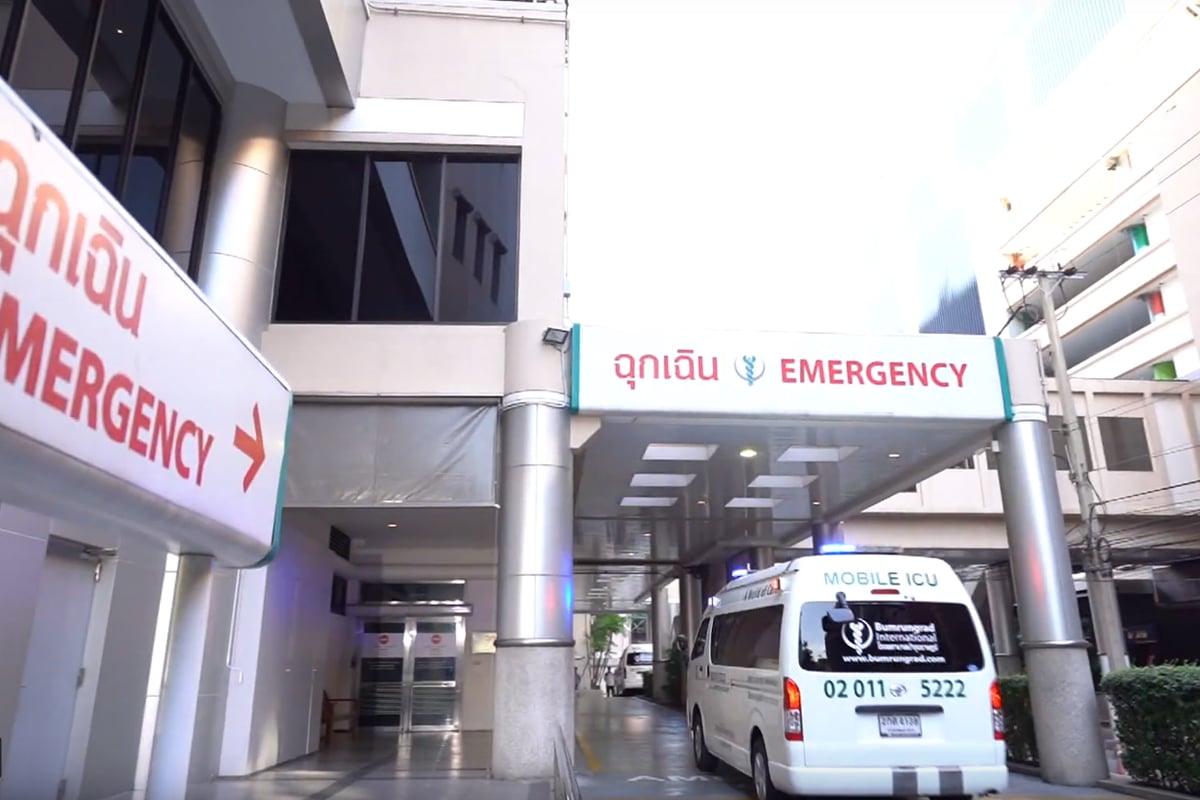Try to stay calm, and speak clearly when asked additional questions by the operator. This will help the patient receive the best ambulance service.
Some questions you may be asked include:
- Where is the patient?
- What is the phone number you’re calling from?
- Are you with the patient right now?
- Is the patient awake?
- Is the patient breathing?
- What is the name, age, gender of the patient?
- Does the patient have any known medical problems?
- Is the patient a Bumrungrad patient? If so, what is the Hospital Number?
Taking the time to answer these any other questions will not delay the ambulance response. Help is already on the way while you are providing this information on the phone.
DO NOT hang up before the dispatcher tells you it is okay to do so.
Language Support
If you do not speak English or prefer to speak in your native language, please ask for an interpreter and we will provide one for you. In case of an emergency, it may be best to ask a Thai-speaking person nearby to speak to the dispatcher and explain exactly where you are, so the ambulance can arrive without delay. While the ambulance is on the way, we’ll get an interpreter to help answer the remaining questions about the patient’s condition.

How to Call an Ambulance in Thailand